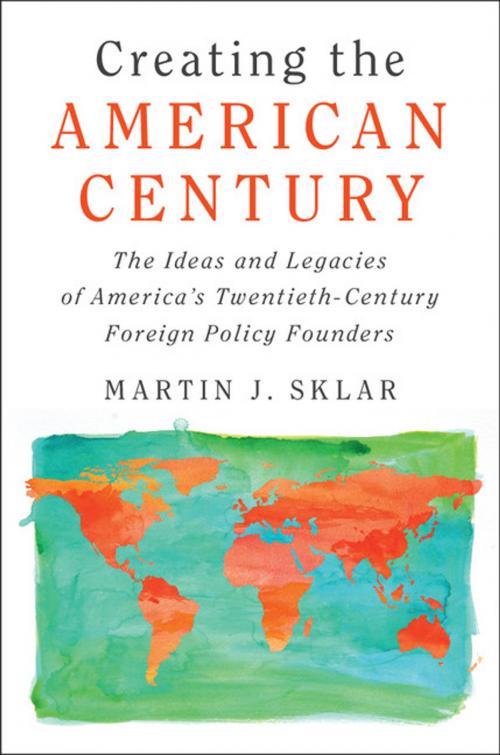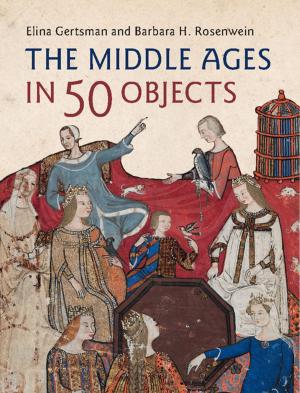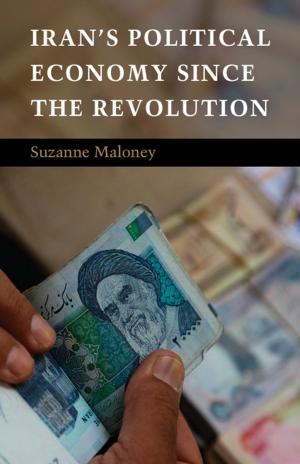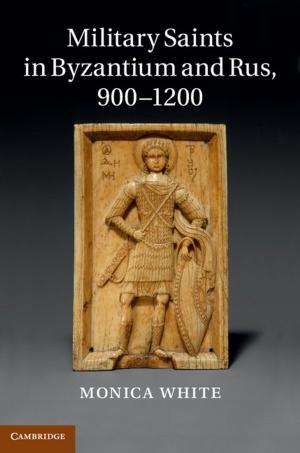Creating the American Century
The Ideas and Legacies of America's Twentieth-Century Foreign Policy Founders
Nonfiction, History, Americas, United States, 20th Century, Social & Cultural Studies, Political Science| Author: | Martin J. Sklar, Nao Hauser | ISBN: | 9781108317504 |
| Publisher: | Cambridge University Press | Publication: | October 5, 2017 |
| Imprint: | Cambridge University Press | Language: | English |
| Author: | Martin J. Sklar, Nao Hauser |
| ISBN: | 9781108317504 |
| Publisher: | Cambridge University Press |
| Publication: | October 5, 2017 |
| Imprint: | Cambridge University Press |
| Language: | English |
In his last work before his death in 2014, American historian Martin J. Sklar analyzes the influence of early twentieth-century foreign policy makers, focusing on modernization, global development, and the meaning of the 'American Century'. Calling this group of government officials and their advisors, including business leaders and economists, the 'founders of US foreign policy', Sklar examines their perspective on America's role in shaping human progress from cycles of empires to transnational post-imperialism. Sklar traces how this thinking both anticipated and generated the course of history from the Spanish-American War to World War II, through the Cold War and its outcome, and to post-9/11 global conflicts. The 'founders' legacy is interpreted in Wilson's Fourteen Points, Henry Luce's 1941 'American Century' Life editorial, and foreign policy formulation to the present. Showing how modernization has evolved, Sklar discusses capitalism and socialism in relation to modern democracy in the US and to emergent globalizing forces.
In his last work before his death in 2014, American historian Martin J. Sklar analyzes the influence of early twentieth-century foreign policy makers, focusing on modernization, global development, and the meaning of the 'American Century'. Calling this group of government officials and their advisors, including business leaders and economists, the 'founders of US foreign policy', Sklar examines their perspective on America's role in shaping human progress from cycles of empires to transnational post-imperialism. Sklar traces how this thinking both anticipated and generated the course of history from the Spanish-American War to World War II, through the Cold War and its outcome, and to post-9/11 global conflicts. The 'founders' legacy is interpreted in Wilson's Fourteen Points, Henry Luce's 1941 'American Century' Life editorial, and foreign policy formulation to the present. Showing how modernization has evolved, Sklar discusses capitalism and socialism in relation to modern democracy in the US and to emergent globalizing forces.















